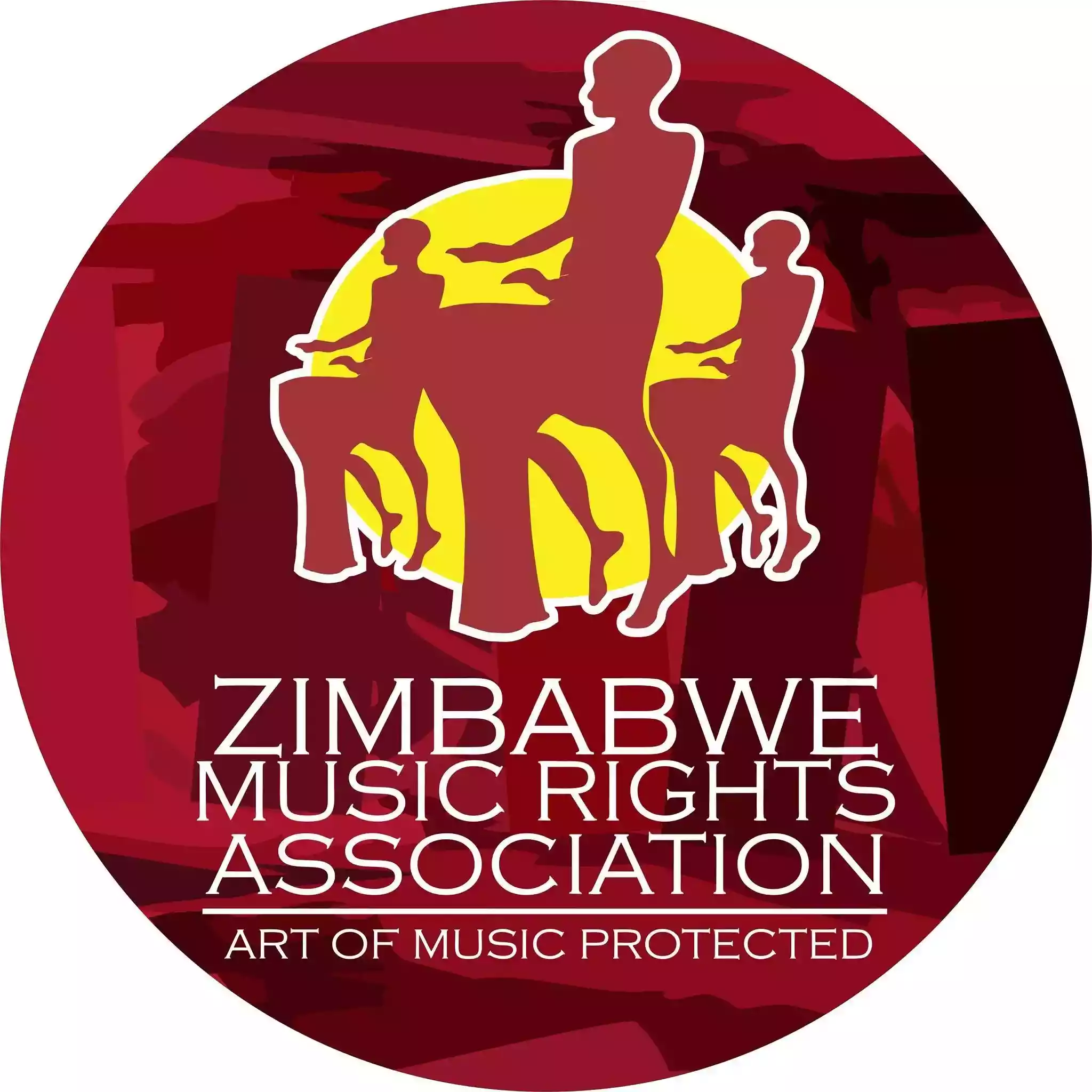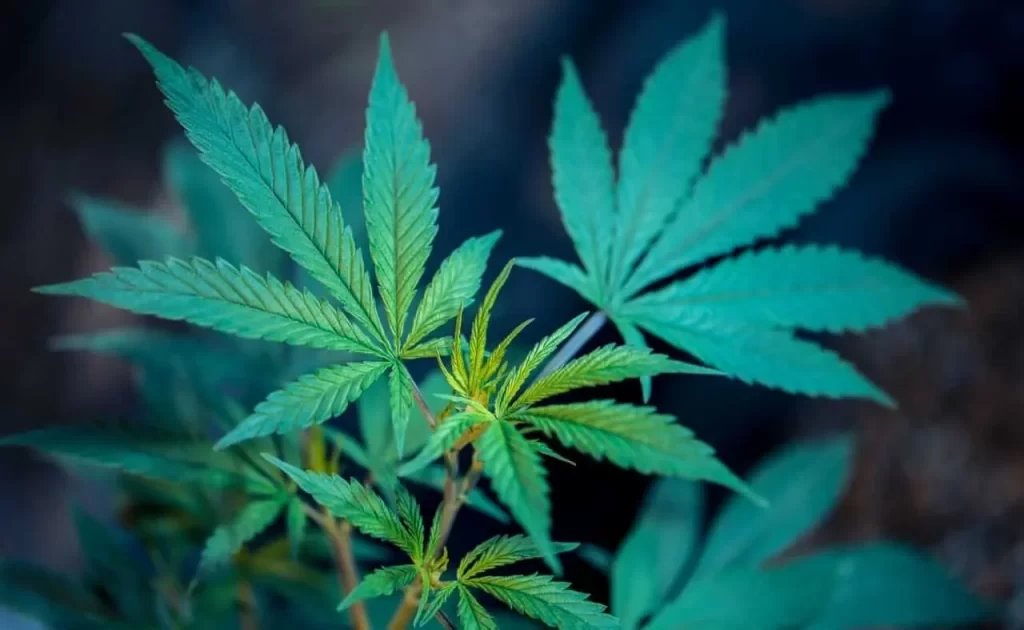
JOHANNESBURG — Zimbabwean youths, some who crossed the border illegally, have resorted to drug abuse and crime in South Africa.
BY SHADRECK MARIRIMBA
According to a Mr Danga, a Zimbabwean businessman who operates a waste recycling company in Witbank, Mpumalanga province, most of the youths, who sell their pickings to him, just want money to buy drugs.
“When I started operating this recycling business, I discovered there are more Zimbabwean youths who are doing drugs and I don’t think their parents know this. I deal with both local and Zimbabwean youths here” he said.
Only choosing to give his first name, Tafadzwa is one of the youths who narrated how he began to take drugs and got involved in crime.
“I finished my Ordinary Level studies in Chivi in 2001, I was staying with my grandmother. My father, who was working in South Africa, used to send us money and food. All was well, but my father passed away at the beginning of 2002 in South Africa and everything became tough for me,” he narrated.
“My father was a responsible man and I envied the way he would come home dressed and how much money he used to send us. I then decided to come to South Africa to continue providing for the family in 2002.”
Tafadzwa said he had no passport and neither did he have an idea of how to cross the border.
- Chamisa under fire over US$120K donation
- Mavhunga puts DeMbare into Chibuku quarterfinals
- Pension funds bet on Cabora Bassa oilfields
- Councils defy govt fire tender directive
Keep Reading
“I hiked lifts to Beitbridge and since I had no money, I assisted travellers carrying heavy luggage to the Beitbridge bus terminus from the border. Later on, I only managed to raise enough money to travel across to Johannesburg after a few weeks,” he narrated.
“As I was sleeping at the Beitbridge bus terminus, I met a taxi driver who was in the business of transporting people across the border illegally. I befriended him and he offered to assist me cross the border.”
Upon arriving in Johannesburg, Tafadzwa said he spent almost two weeks sleeping at Park Station long distance terminus before a police officer arrested him for not having any identification documents.
“As the policeman was taking me to a police station, I guess, I shrugged myself free and ran away. I did not even know the direction I was taking until I bumped into some ladies who were selling their wares. I heard them speak in Shona. So I begged them to stay with me and they assisted me to find a job as a garden boy in Mpumalanga, where I was taken by one of their friends.”
In Mpumalanga, Tafadzwa said he had no relative or anyone to look up to. He was made to work with no pay in all the jobs he did.
He left the place to start being a waste collector, where he got introduced to the world of drugs.
“I started doing drugs because being a waste picker, you need to have a lot of courage to scavenge in bins,” Tafadzwa said.
As he was narrating his story, it was visibly evident that some of his friends were intoxicated. With no hope of any help, Tafadzwa sad he has found peace with his new way of life.
He said as life got tougher, he joined some fellow locals to go steal and mug people at various places around townships.
For 30-year-old Nelly, so sad is her story, as she narrates how she was duped by a friend to come all the way from Epworth on the pretext that a job was waiting for her in Johannesburg, only to arrive there and find that her friend was now nowhere to be found.
“I got stranded upon arriving at Park Station. A friend, who had invited me, suddenly became unavailable on her mobile phone despite promising to pick me up at the bus station. It was horrible for me. I got all my bags stolen before an old lady offered to assist me with accommodation for a few days,” she narrated.
A few days later, Nelly discovered that the lady wanted to hook her up with men for sexual services.
“I ran away back into the streets and I remember going to Park Station and asked one of the bus service providers to carry me back home, but they refused since I had no money. I was desperate and frustrated. As days passed, I started making friends and that’s how I got into drugs,” she said.
Nelly said she did everything from prostitution to robbing men, even being used as bait by criminals to rob unsuspecting people.
Also, several private colleges have become notorious for the drug trade and abuse.
Matthew, a lecturer at one of the business colleges, said most students at the institution do drugs, adding at times, they discipline them.
“Here, we discipline both locals and Zimbabweans for taking drugs and some students even lie they have medical proof from the doctors that they should use drugs, especially dagga,” he said.
“It’s a sad situation, but nurturing your children here in South Africa is not a good idea because drugs are everywhere.”
Alcohol, dagga, cocaine, Mandrax and currently nyaope, also known as whoonga, which is a mixture of scheduled drugs and anti-retroviral medication, have become popular in most parts of South Africa.
David, a Zimbabwean truck driver said in Witbank’s Ackerville high-density suburb, where he lives, Zimbabwean parents are struggling to control their children from taking drugs.
“It’s like a fashionable thing to do among these youths here. Some parents are sending their children back home to learn after finding out that they are now hooked onto drugs. Drug abuse is there back home, but it’s not as rampant as it is here in South Africa,” he said.











